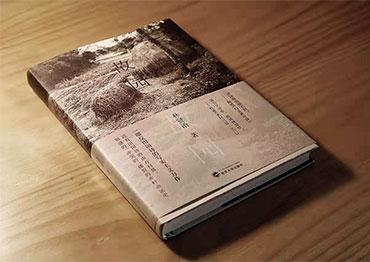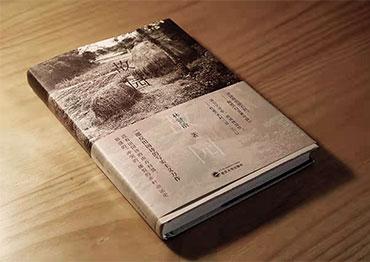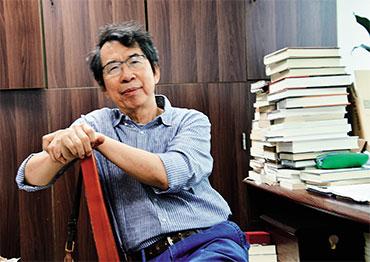Lin Xianzhi was born in 1948 in a small village in Yangjiang County, South China’s Guangdong Province. Lin’s mother, the daughter of a local bandit, was sent to his father’s family as a child bride at the age of 9 and was married at 15. She had many children, but only Lin and two sisters survived to adulthood.
Lin’s father, a village doctor who ran a traditional private school, taught him to read and write at a young age. His father, who, in Lin’s words, “was insensitive to the political climate,” later sent him to study the Chinese classics with Xie Shaozhen, a liberal intellectual who was persecuted as a “rightist” during the Anti-Rightist Campaign, a political purge of intellectuals and educated people in the late 1950s.
In high school, Lin met another “rightist” teacher, Liang Yongxi, who would have a profound influence on him. Liang taught his students to read extensively and think critically. During class, Liang would often deviate from the standard Marxism curriculum. Lin kept in close contact with Liang, who encouraged him to write. However, a classmate reported Lin for being too close to Liang, who was teaching “wrong ideas” and accused him of writing articles with “anti-revolutionary thoughts.” Lin was one of the few high school students interrogated by the authorities. He had to hand in written confessions on a regular basis.
“Someone from the interrogation team said, ‘you’re lucky that you’re under 18. If you were over 18, you would already be in prison for your wrong thoughts,’” Lin said.
Lin graduated from high school in 1965, but was unable to get into university due to his “ideological problems.” He had no choice but to return home. It was the year before the Cultural Revolution, but the village was already wrapped in the increasingly tense atmosphere of the impending political movement.
After the Cultural Revolution began, Lin suffered severe criticism. Other villagers denounced him for his “ideological problems.” His family status, which was categorized as “upper-middle peasant class,” made him a target for struggle sessions.
His persecution waned a bit toward the end of the Cultural Revolution as Lin learned traditional Chinese medicine remedies from his father. The commune leadership eventually asked Lin to replace his aging father as the village doctor. While Lin did not want a career in medicine, the job protected him from further persecution.
While working in his village’s small clinic, Lin wrote a novel, a long poem and 11 essays in secret. He hid the manuscripts in a crack in his desk.
In 1981, Lin started work as an editor at a Guangzhou-based publishing house, beginning his four-decade career as a literary editor.
The 1980s were a golden period for Chinese intellectuals, writers and artists. Waves of academic works of political science, sociology and liberal arts, as well as modernist and avant-garde literature, arrived in the Chinese mainland.
Lin devoured Western classics, particularly Karl Marx’s The Eighteenth Brumaire of Louis Bonaparte, Alexis de Tocqueville’s The Old Regime and the Revolution, Heinrich Heine’s political commentaries, and essays from Frederick Nietzsche and Walter Benjamin. “They were real free thinkers because they were always true to their own thoughts,” Lin said.

 Old Version
Old Version

